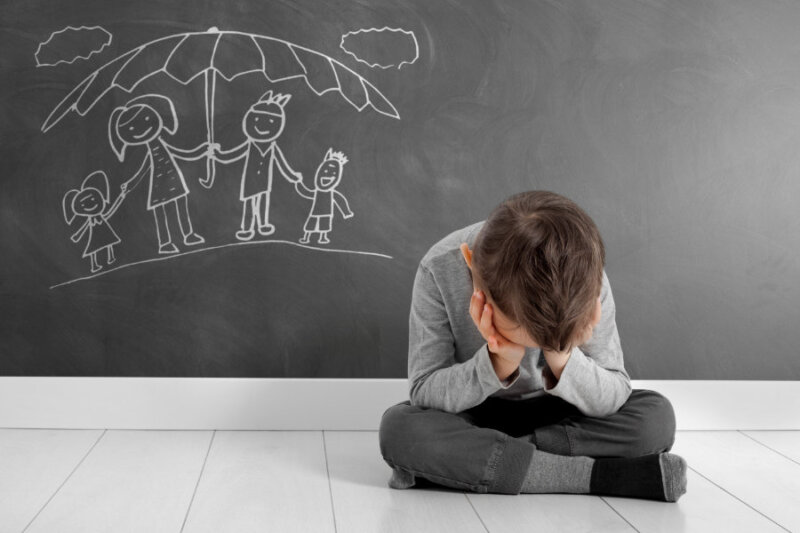When Interventions and Support Go Wrong: How to Reframe Challenging Moments and Create Predictability for Success
For many of us with children on the spectrum, support people like doctors, therapists, extra school staff, teachers, aids etc…are a big part of life. We depend on the help we get from various sources, but what happens when a situation goes badly? Even more important, how can we create predictability for our kids with autism so we can ensure greater…















